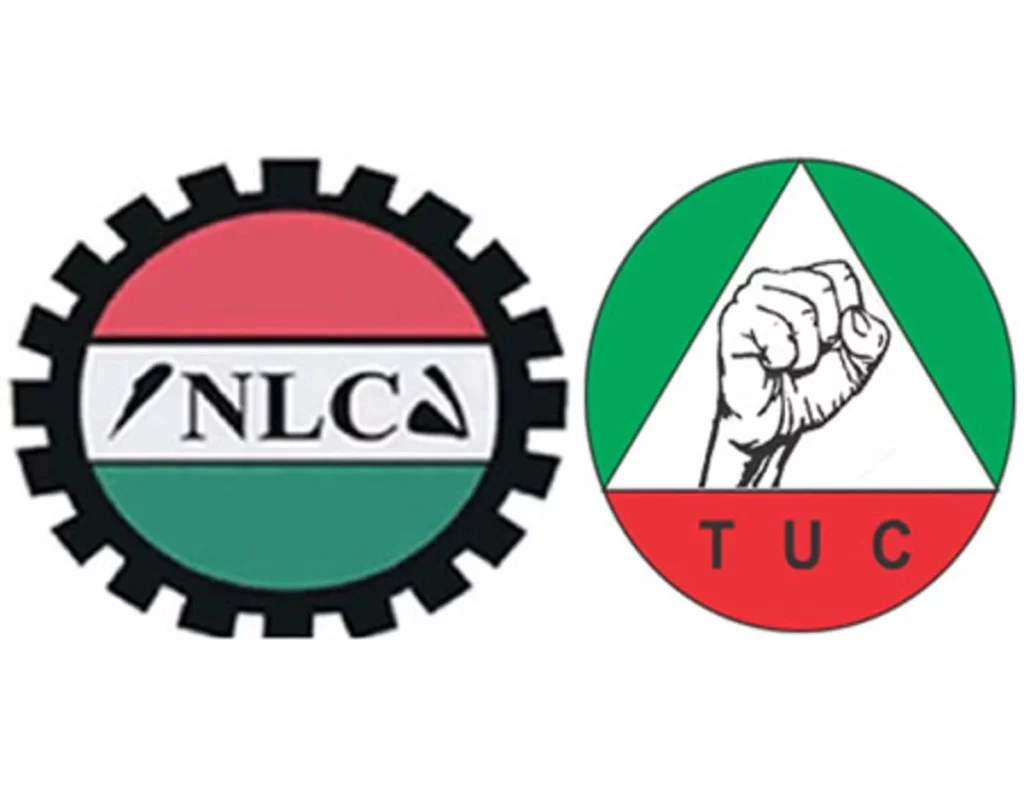CurrentReport Blog In a recent statement, President Bola Tinubu’s Special Adviser on Information and Strategy, Onanuga, emphasized the significant freedoms that the Nigerian Labour Congress (NLC) and Trade Union Congress (TUC) currently enjoy, highlighting that such liberties would not be possible under a military regime. Onanuga’s comments came amidst the backdrop of a nationwide strike initiated by the organized labour unions to demand improved pay packages.
Appearing on TVC, Onanuga critiqued the labour unions for their recent actions, including the shutdown of airports and the national grid. He stressed that while the unions have the right to protest and strike, their methods and demands should be more reasonable and responsible.
Labour’s Strike and Government Response
The strike, which began on Monday, saw the NLC and TUC pushing for a significant increase in the minimum wage. Labour’s initial demand was N494,000, while the government proposed a minimum wage of N60,000. Following negotiations, the strike was called off after both parties reached an agreement to increase the minimum wage to a figure between N60,000 and N100,000, with further negotiations promised to continue.
Onanuga expressed concern over the extremity of the unions’ actions, particularly the decision to shut down critical infrastructure. “Labour should view itself as a partner with the Federal Government, not as an adversary,” he stated. He argued that disrupting essential services like the national grid and airports, especially when the country is already grappling with power issues, was an overreach.
Highlighting the privileges that come with civilian rule, Onanuga urged the labour unions to adopt a more collaborative and realistic approach in their negotiations with the government. “Labour should be thankful to God that we are not in a military regime. We are in a civilian regime that allows for freedom of expression,” he noted.
Onanuga’s appeal is a reminder of the delicate balance between exercising freedom and maintaining national stability. He underscored that while the right to strike is a vital part of democratic freedoms, it should not be exercised in a manner that jeopardizes essential national services or disregards the complexities of the country’s economic situation.












